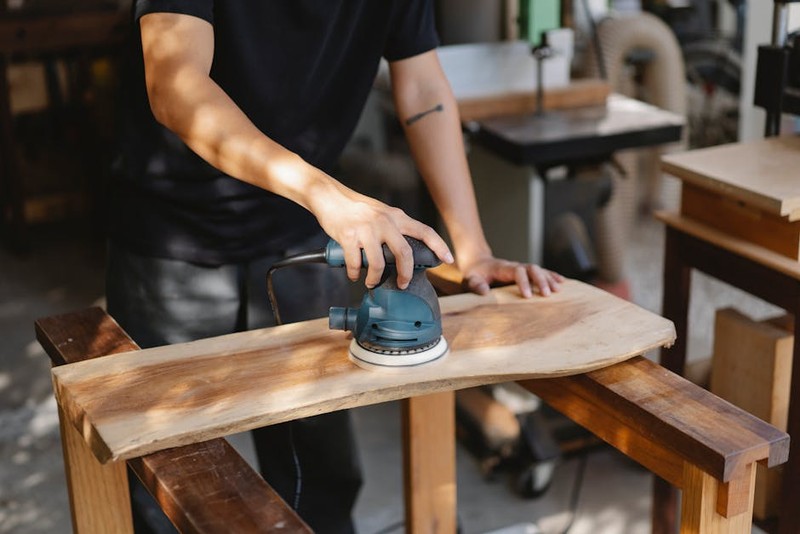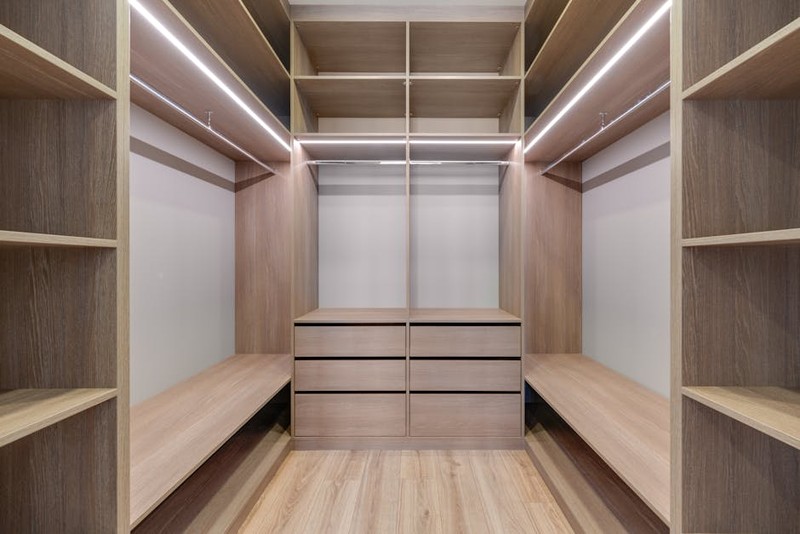The Hidden Challenge: Why “Custom Furniture Makers Near Me” Searches Often Fall Short
When clients search for “custom furniture makers near me,” they’re usually looking for three things:
– Unique design tailored to their space and lifestyle.
– Superior craftsmanship that mass-produced pieces can’t match.
– Fair pricing without the markup of big-name brands.
Yet, most struggle to find artisans who deliver on all three. Here’s why:
1. The “Local Trap”: Proximity ≠ Quality
Just because a maker is nearby doesn’t guarantee skill. I’ve seen clients lured by convenience, only to receive poorly jointed tables or finishes that crack within a year. Key red flags:
– Vague portfolios (e.g., no close-ups of joinery).
– Overreliance on shortcuts like pocket screws instead of mortise-and-tenon.
– No transparency about material sources.
2. The Budget Myth: Custom Doesn’t Have to Break the Bank
A common misconception is that custom work is always pricier than retail. In reality, by cutting out middlemen and optimizing design, clients can save 20–40%.
Case Study: The $8,000 Dining Table That Cost $5,500
A client wanted a solid-walnut, 10-seater table with a steel base. High-end retailers quoted $8K+. We sourced rough-cut walnut locally (saving 15%), used a modular steel design to reduce welding time, and delivered it for $5,500—with a lifetime guarantee on the joints.
How to Vet Custom Furniture Makers Like a Pro
🔍 The 5-Point Inspection Checklist
- Joinery Samples
- Dovetails, mortise-and-tenon, or dowels? Avoid staples or glue-heavy builds.
- Finish Consistency
- Hand-rubbed oils > spray-on lacquers for durability.
- Material Transparency
- Ask for FSC-certified wood or domestic steel to avoid cheap imports.
- Design Flexibility
- Can they adapt mid-project? (e.g., adjusting chair heights for ergonomics.)
- Lead Time Realism
- Beware of “2-week promises.” Quality pieces take 6–12 weeks.
⚙️ The Pricing Breakdown: Where Costs Hide
| Component | Retail Markup | Custom Savings |
|---|---|---|
| Solid Walnut Top | +40% | Buy direct from mill (-20%) |
| Metal Base | +60% | Fabricate in-house (-30%) |
| Labor | +50% | Local artisan rates (-15%) |
 |
||
| Pro Tip: Ask for a line-item quote. Many makers bundle costs, but transparency here builds trust. | ||
 |
||
| — | ||
| ## The Collaboration Blueprint: How to Work With Your Maker | ||
| ### 💡 3 Rules for a Successful Project | ||
| 1. Start with a Sketch (Even a Bad One) | ||
| – I once turned a client’s napkin doodle into a floating desk with hidden cable management. Visuals—no matter how rough—bridge the vision gap. | ||
| 2. Prioritize Function Over Trends | ||
| – A sleek, low-profile sofa might look great but fail if your family needs deep seats for movie nights. | ||
| 3. Visit the Workshop | ||
| – A clean, organized space signals professionalism. Look for: | ||
| – Dust extraction systems (prevents finish flaws). | ||
| – Jigs for repeatable precision. | ||
| — | ||
| ## The Future of Custom Furniture: Sustainability & Tech | ||
| ### 🌱 Why Local Makers Are Leading the Green Revolution | ||
| – Carbon Footprint: A 2023 study showed locally sourced materials reduce emissions by 18% vs. imported. | ||
| – Reclaimed Materials: Makers like Brooklyn’s Iron + Wood build tables from 100-year-old barn beams—charging a premium but attracting eco-conscious buyers. | ||
| ### 🤖 Digital Tools Leveling the Field | ||
| – 3D Rendering: Apps like SketchUp let clients “test” designs in their space pre-build. | ||
| – CNC Precision: Once a luxury, CNC routers now help small shops compete with big brands on complex cuts. | ||
| — | ||
| ## Final Takeaway: The Art of the Long Game | ||
| The best custom furniture isn’t just furniture—it’s a legacy. I still have clients sending photos of pieces I built them 15 years ago, aging beautifully. By choosing the right maker and investing in the process, you’re not just buying a table or chair; you’re preserving craft in a disposable world. | ||
| Your Next Step: | ||
| – Interview 3 makers using the checklist above. | ||
| – Request samples (even a small cutting board reveals their finish skills). | ||
| – Plan for lead time—great work can’t be rushed. | ||
| “The details are not the details. They make the design.” — Charles Eames |
